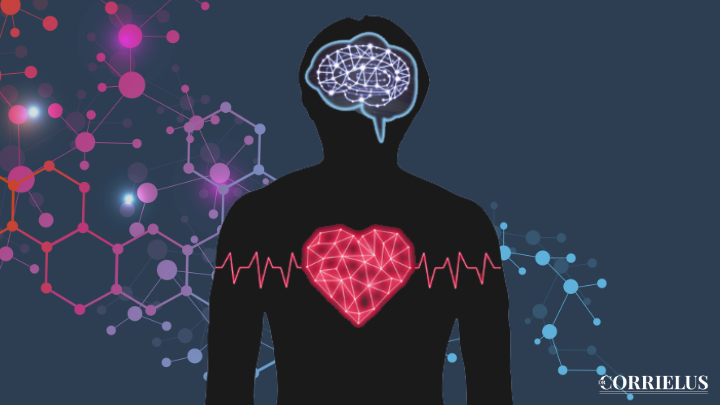People often don’t realize how much more connected the mind and body are. Depending on a variety of factors, they can have both positive and negative effects on one another. In honor of American Heart Month in February, we are delving into the relationship between the mind and body and providing you with helpful advice on how to maintain a healthy mind and heart.
Understanding the Mind-Body Connection
You might be familiar with the term “mind-body connection,” but what exactly does it mean?
Scientists have discovered a remarkable link between mental and physical health, suggesting that we may have more control over our bodies than we realize. Our psychological health has been shown to have a significant impact on cardiovascular health, stroke risk, and other conditions that were previously thought to be caused by external factors.
Stress is a major mental health issue that can cause physical symptoms. More than just giving you a headache or a long list of things to do, chronic stress can cause other problems as well. People who experience chronic stress have been found to have a 40% increased risk of developing heart disease or passing away from it. Fortunately, you can take many steps to improve your mental health, which can help you have a healthier body.
What effect does mental health have on longevity?
A person’s mental health can have a short-term effect on their symptoms, but long-term, untreated mental health issues can also affect a person’s longevity. Numerous studies have demonstrated that people with mental health conditions like depression and schizophrenia are frequently anticipated to live shorter lives. This frequently has to do with cardiovascular problems that get worse over time.
So, what can you do to improve your mental health and extend your lifespan?
How to Improve Your Physical and Mental Health?
Because the mind and body are so intertwined, anything you do will benefit the other. Physical activity is the foundation for many of the best mental health strategies:
Exercise:
Your body’s ability to fight off illness is improved and feel-good chemicals are released in the brain when you exercise regularly. Experts advise exercising for at least 150 minutes each week, typically in five half-hour sessions. This could mean jumping on a bike, lifting weights, or walking.
Diet:
Your diet affects more than just how you feel and look; It also provides mental fuel. Make sure you’re giving your brain the nutrients it needs to work at its full potential. This means avoiding alcohol and eating less processed food.
Smoking:
To cope with challenging circumstances or complex emotions, many people resort to smoking and other drugs. Despite the fact that these quick fixes may initially appear to alleviate symptoms, they weaken your body and harm your mind, thereby maintaining the cycle of seeking relief. When the urge to smoke strikes, instead, try exercising or relaxing techniques.
Sleep:
Your body and brain both get time to recover when you sleep. It’s like driving a car on fumes without sleep. Because you never take the time to refuel, a regular lack of sleep can increase your risk of illness and mental health issues.
Be sure to get at least 7-8 good hours of sleep each night and emphasize how important sleep can be to your mental and physical health.
A word from the doctor —
Because the heart and mind are inseparable, a healthy mind is necessary for a healthy heart. Therapy is an excellent option for helping you regain your mental and physical health if you are struggling with mental health issues or if you are having trouble finding the positive aspects of your life.
And if you still seek any help regarding your health, then contact me right away!



